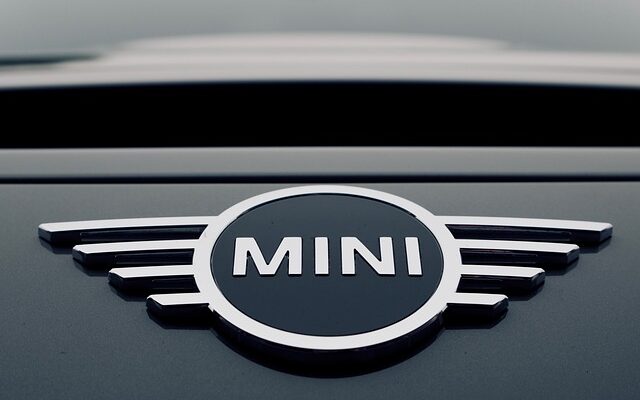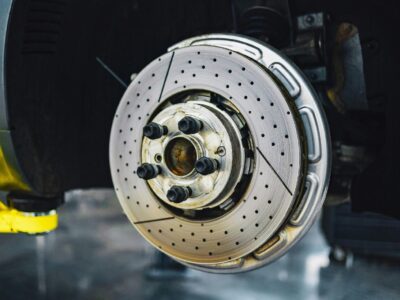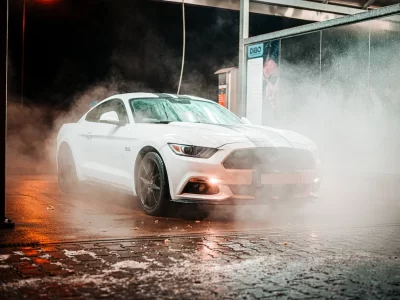The Mini Cooper is a beloved icon, known for its compact size, spirited performance, and distinctive style. If you’re in the market for a second-hand Mini Cooper, you’re in for a treat. However, purchasing a used car requires careful consideration to ensure you get the best value and avoid potential pitfalls. Here’s a comprehensive guide to help you navigate the process and make an informed decision.
1. Research the Model and Year
Before diving into listings, spend some time researching the specific Mini Cooper models and years that interest you. Each generation has its unique features, and some may have had recalls or common issues. Familiarise yourself with the differences between models, such as the Hatch, Convertible, Clubman, and Countryman.
Key Points to Consider:
Engine Types:
Mini Coopers come with various engine options. Research which one suits your needs, whether you prefer fuel efficiency or performance.
Model Years:
Look for any significant changes or updates in different model years. For example, the 2014 Mini Cooper saw a major redesign with new engines and technology.
Common Issues:
Each generation may have known issues. For example, earlier models might have issues with the transmission or power steering.
2. Check the Vehicle History
A comprehensive vehicle history report is essential when buying a second-hand Mini Cooper. This report provides valuable information about the car’s past, including accidents, title status, and service history.
What to Look For:
Accident History:
Ensure the car hasn’t been in any major accidents that could affect its structural integrity.
Service Records:
Regular maintenance is crucial for the longevity of a Mini Cooper. Check if the car has been serviced according to the manufacturer’s schedule.
Ownership History:
A car with fewer owners might be better maintained. Also, look for any potential red flags, such as frequent changes in ownership.
3. Inspect the Car Thoroughly
Once you’ve found a promising candidate, a detailed inspection is crucial. If possible, bring a trusted mechanic with you to assess the car’s condition. Here are key areas to focus on:
Exterior:
Bodywork:
Look for signs of rust, dents, or mismatched paint, which might indicate previous damage.
Tyres:
Check for even wear, as uneven wear might suggest alignment issues.
Lights and Indicators:
Ensure all lights and indicators are functioning correctly.
Interior:
Upholstery and Trim:
Check for any wear and tear or damage.
Controls and Electronics:
Test all controls, including the air conditioning, infotainment system, and windows.
Dashboard:
Look for any warning lights that could indicate underlying issues.
Mechanical:
Engine:
Listen for any unusual noises and check for leaks.
Transmission:
Test the gears to ensure smooth shifting.
Brakes:
Test the brakes for responsiveness and listen for any noises.
4. Take a Test Drive
A test drive is one of the most important steps in the buying process. It allows you to experience the car’s performance and identify any potential issues.
During the Test Drive:
Engine Performance:
Pay attention to acceleration, engine noise, and smoothness.
Handling and Suspension:
Test the car on different road surfaces to evaluate its handling and ride comfort.
Braking:
Ensure the brakes are responsive and there are no unusual noises.
Transmission:
Test both automatic and manual transmissions for smooth operation.
5. Negotiate and Finalise the Deal
Once you’re satisfied with the car’s condition and performance, it’s time to negotiate the price. Use the information you’ve gathered from your research and inspection to make a fair offer. Don’t be afraid to walk away if the price isn’t right or if you discover any deal-breaking issues. If you’re after a new mini, don’t forget that you could win a Mini Cooper on our website!
Final Steps:
Payment:
Ensure the payment method is secure and documented.
Paperwork:
Verify that all necessary paperwork, including the title, bill of sale, and any warranties, is in order.
Insurance:
Arrange for insurance coverage before you drive the car home.
Conclusion
Buying a second-hand Mini Cooper can be a rewarding experience, offering you the charm and performance of this iconic car at a more affordable price. By following these must-dos, you’ll be well-equipped to find a Mini Cooper that’s not only a joy to drive but also a sound investment. Happy car hunting!
Have you recently purchased a second-hand Mini Cooper? Share your experiences and tips in the comments below!








Comments